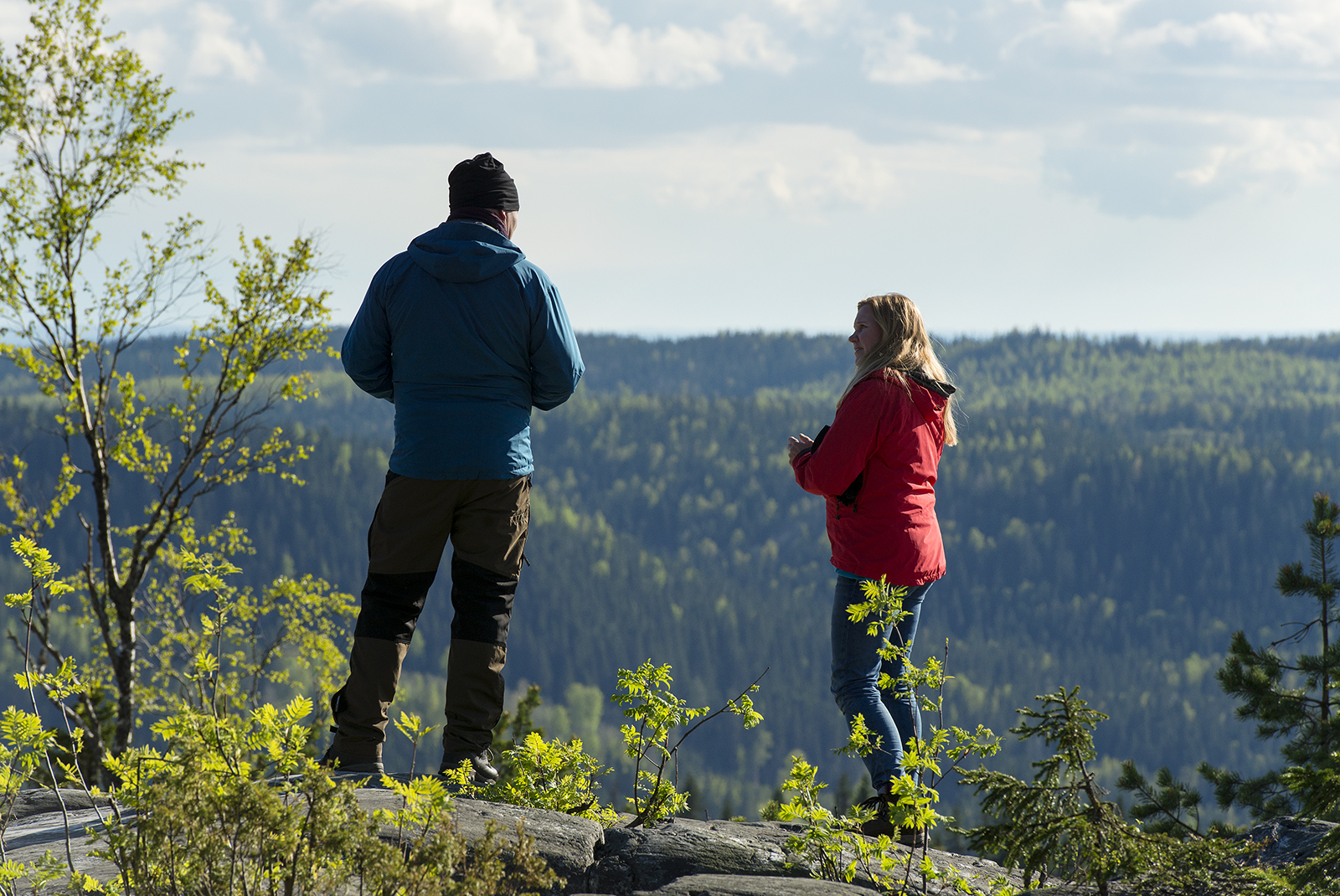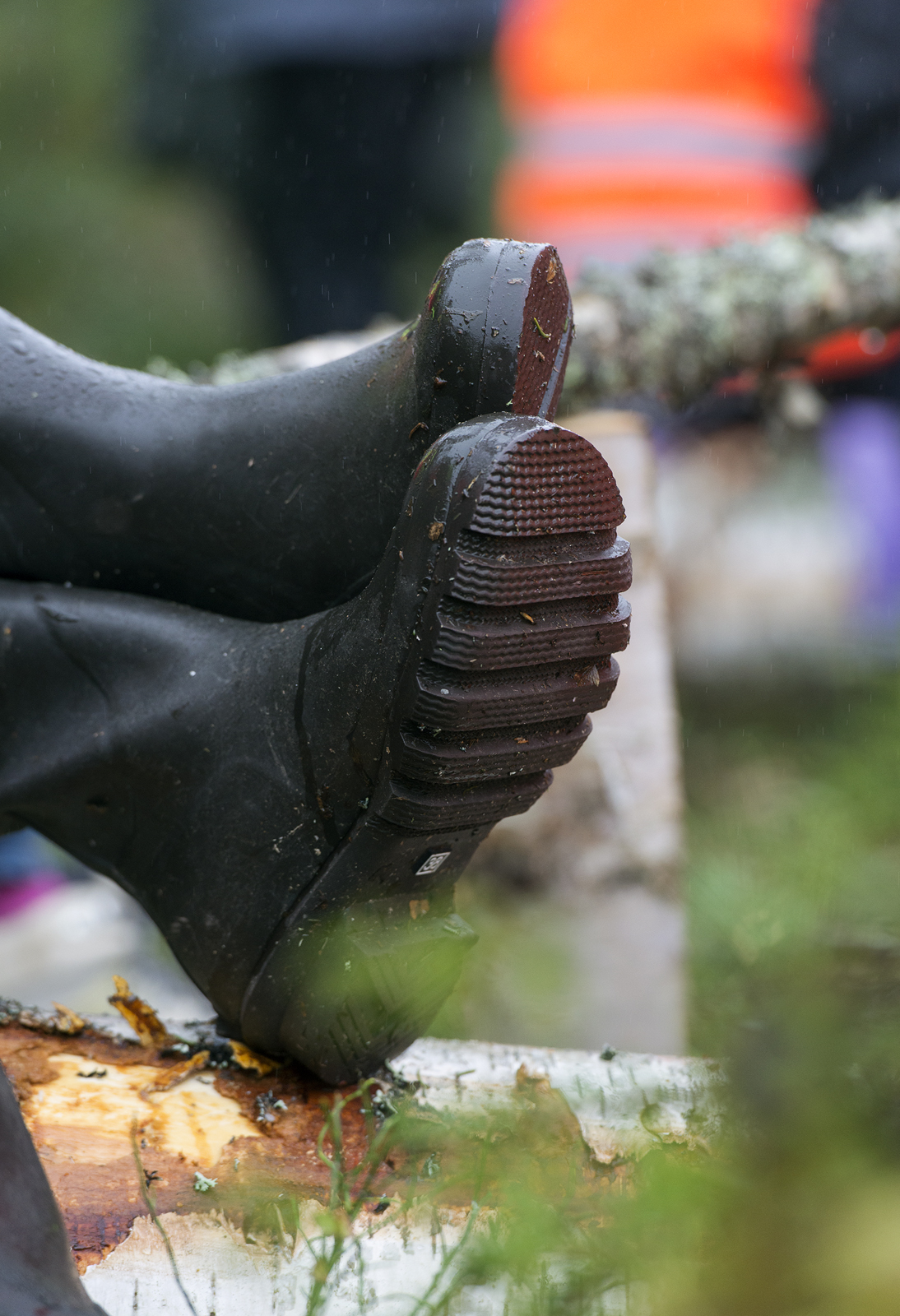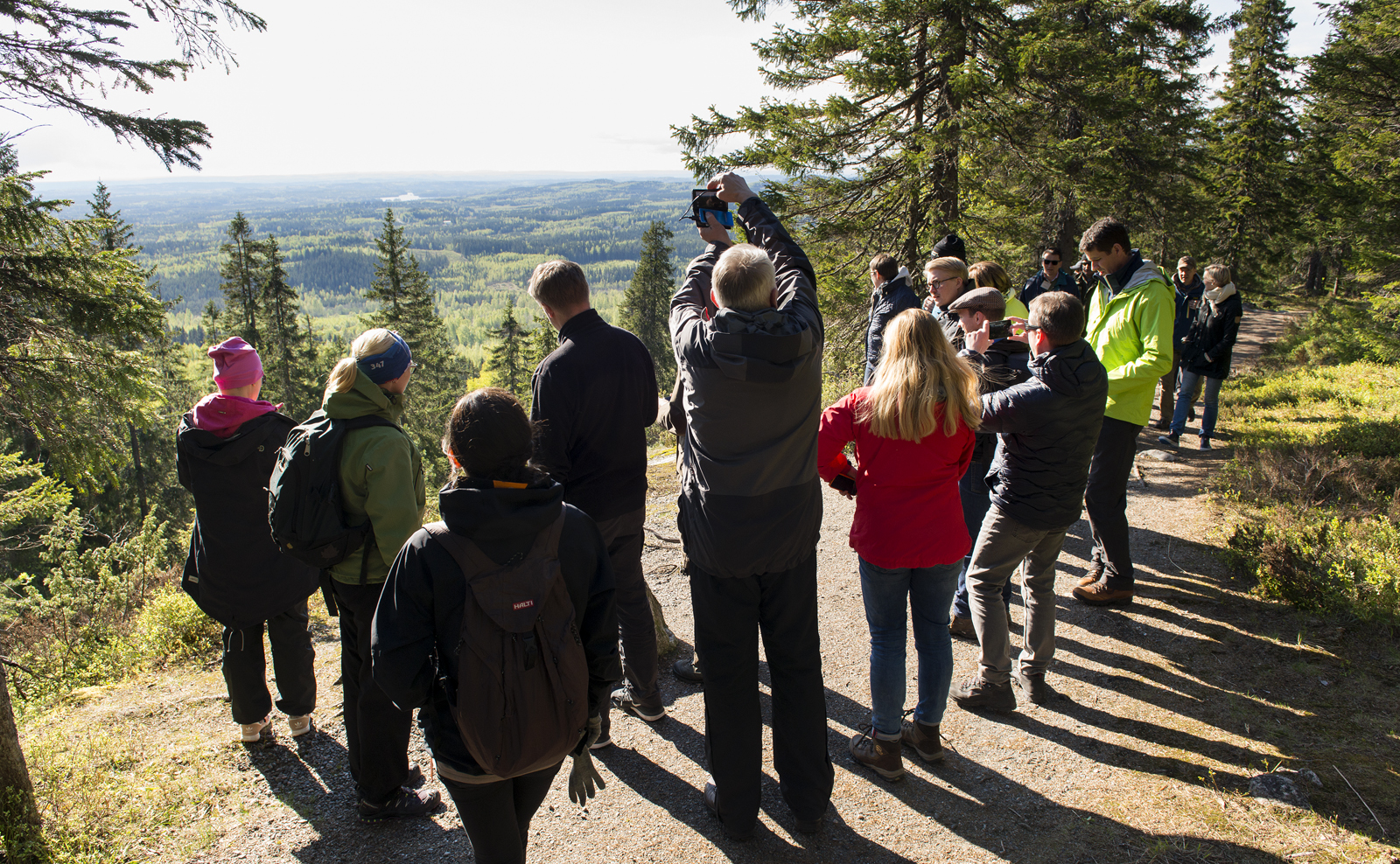
High expectations are placed on the new research study: some expect support to their own conceptions, while others hope for better consensus in forestry issues.
We already know that the Finns’ relationship to forests is not monolithic. Not only the nation, but also every individual Finn views forests in several concurrent ways that may differ greatly from each other.
In fact, the very concept of a predominant relationship to forests is probably useless. This is something that the forest sector, for one, seems to have difficulty accepting.
A common claim is that an increasing number of forest owners nowadays do not see their forests as a source of financial gain alone. Yet was simple financial gain ever aimed at by the majority of them? This view might be something imagined by forest professionals and found to be untrue as soon as it was examined for the first time.
The study on the forest relationship by the Finnish Forest Museum Lusto, the Finnish Forest Association and the insight, information and consultancy company Kantar TNS includes two phases. The first phase aimed at a comprehensive identification of the attitudes that people can have towards forests.
The range of attitudes was probed by means of 18 semi-structured interviews. At the next phase, an opinion poll to 1,200 respondents will be carried out to determine the prevalence of the different attitudes.
“This information will help to formulate consistent responses to phenomena and emotions popping up,” says Anna Rautio, Senior Research Manager at Kantar TNS.

Intuition is a factor affecting forest disputes, too
The study is designed to furnish both the forest sector and its stakeholders with deep-reaching and, above all, quantitative information. ”It all starts with the intuitive emotional response of each individual. This has been mapped by encouraging the interviewees to describe their conceptions about other people’s attitudes. Surprisingly, this often reveals quite a lot about the person speaking,” says Sirpa Kärkkäinen from the Finnish Forest Association.
Intuition is important because it steers people’s reasoning very rapidly, even subconsciously. We can all remember realising that we have adopted a very strong stance to something before taking any time to reason about it.
As many as 95 percent of decisions are based on intuition. And, once the decision has been made, it may be difficult to change by rational reasoning.
Forest disputes are notorious for giving rise to strong emotions. As long as the existence and sources of these emotions are not recognised, settling the disputes is very difficult.
This is often visible in conflicts about forests near urban areas. The rational reasons advanced by professionals, such as the danger caused by decaying trees to people passing by or the enhancement of the environment by thinnings carried out properly, do not convince those who are not happy about the felling of trees.
”This is why it’s important that the research is undertaken by someone who has no stake in forest issues,” says Kärkkäinen.
Finnishness is not monolithic, either
Having a relationship to forests is part of being a Finn, which is why the study also interests those working with Finland’s country brand at the Finnish Ministry of Foreign Affairs. A couple of years ago, Kantar TNS noted that Finnish companies started to emphasize Finnishness as part of their brand.
Some of the companies found Finnishness to include aspects that could be used in international marketing, such as uniqueness and mysteriousness. Others referred to Finnishness more generally.
An inquiry into the actual content of Finnishness revealed great variation. Some aspects were old and familiar, while others were completely new and could also be utilised in work with the country national brand.
The same is true about Finns’ relationship to forests – a single one just does not exist. ”One of the questions we’ve heard is, what would be a good forest relationship be like. Well, what could it be – would my relationship be better than yours?” Kärkkäinen wonders.
Nor do individuals have just a single relationship to forests. During an interview, a forest professional displayed great professionality, yet ended up saying that ”forests are a source of much fun.”
It is known that the forest relationship varies according to a person’s age and whether they live in the country or a city – though even this is not at all self-evident. The opinion polls with children and youngsters by the Finnish Forest Association could give rise to the opposite conclusion.

Forest relationship consists of choices
The relationship to forests is actualised as choices: do you use paper, wood or something else for a kitchen towel, construction material or furniture. It has also been observed that Finns know a great deal about forests – or, at least, that they think they know.
Forests can be used to create a personal image and to strengthen a sense of community. While some visit national parks because other people also do so, others make a point of going to forests where they can be alone.
If forests did not exist, those looking for a sense of community would perhaps go to cultural centres, while those with a need to be alone would face serious difficulties, because for them, finding a substitute would be practically impossible.
Some consider forests to belong to whoever owns them. Others think that everyone should have the right to use forests, on the basis of everyman’s rights, for example. Yet others see forests as a national treasure, though it is difficult to say what this actually means.
Who should have the right to decide about issues related to forests? Many think that it is the forest owner, but there are also those who think that anyone with any connection to a forest should have the right.
Some say that ”conditions imposed by nature” should be taken into account in decisions. Ultimately, though, who else but we humans with our human frailties will determine what those conditions would be?
Findings attract international interest
According to Rautio, it is hoped that the research will strengthen the pioneer position of the Finnish forest sector, created through authentic understanding and management of change. Kärkkäinen refers to this by emphasizing the dismantling of stereotypes and an appreciation of diversity.
”Appreciation must increase genuinely and in many directions. You can’t just demand that the forest sector should show respect for others, there must also be appreciation for the work done in forests and the innovations based on it,” says Kärkkäinen.
In fact, the goals are more far-reaching: to increase the interest of ordinary citizens in how forests are actually used, and to improve all forest-related education.
Kantar is a worldwide market research group. According to Rautio, the research on forest relationships has attracted great interest in Kantar companies in many countries. This appears to be the first time that people’s relationships to forests are studied anywhere, at least when it comes to depth and throughness in this study.
”In Britain, human behaviour has been studied, and our study interests them very much. In New Zealand they focus on researching emotions, so they are also interested. And the Germans have asked for a global presentation as soon as practicable,” Rautio says.

Correction, 9.2.2018: After the clause “this appears to be the first time that people’s relationships to forests are studied anywhere,” we have added these words: “at least when it comes to depth and throughness in this study.”
